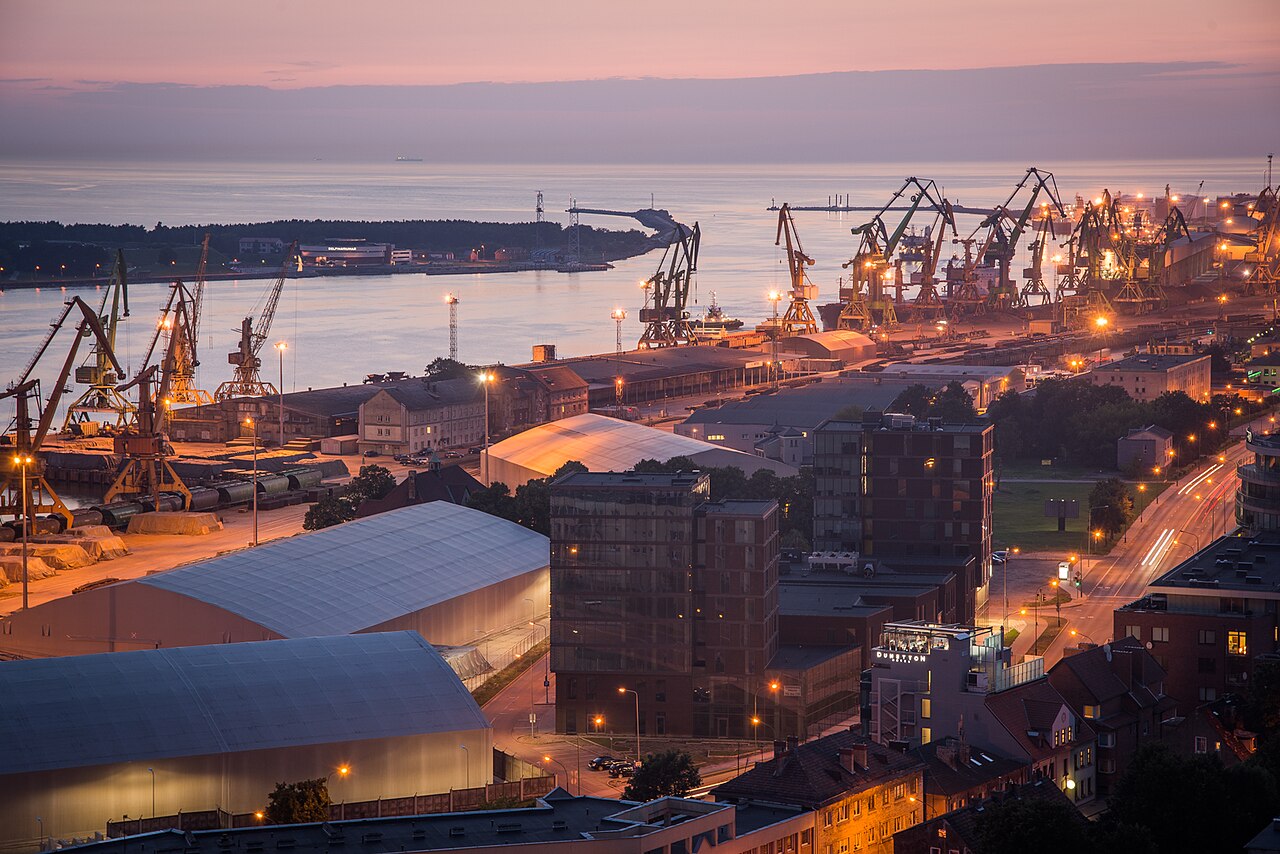After almost five months since the commercial opening following the corresponding phytosanitary authorization, obtained in a record time of 18 months —it normally takes between 6 and 7 years— the first shipment of Chilean peonies to Brazil was developed.
The export was made through the company TrioFrut, from the town of Graneros, in the O’Higgins Region and had the support of Agropeonías, the trade association that brings together producers from O’Higgins and Maule.
“It was a team effort, we all contributed some boxes,” said Macarena Silva, director of Agropeonías, an association that was born as a technological transfer group with one purpose in mind: to obtain the permits to be able to export to Brazil, a large consumer market for flowers that due to its climatic conditions does not produce peonies, a highly demanded flower that generates great interest for its colors and shapes.
At the beginning of 2024 and after a prospecting mission that had the support of ProChile; Agropeonías, through Macarena and Consuelo Callejas, another of the directors of the trade association, plus the commercial office of ProChile in Sao Paulo, the Agricultural and Livestock Service (SAG) and the Chilean agricultural attaché in Brazil, an intense work began until obtaining the phytosanitary authorization and the subsequent commercial opening that allows the shipment of fresh flowers to the Brazilian market, a milestone that occurred in May of this year. Thus, this past Friday, October 17th, the plane with the first boxes of Chilean peonies bound for São Paulo, Brazil, took off.
“It was not easy, as it was the first shipment, there were several issues to rectify, but someone had to dare. Due to its magnitude and size, we believe that Brazil will be a very important market for Chilean peonies,” she adds and immediately points out as an argument the city of Holambra, about 140 kilometers north of São Paulo, which has a population of 10 thousand inhabitants, mostly of Dutch descent, and which in practice is the engine of the flower and plant industry in Brazil, added Silva.
Hugo Corales, Commercial Director of ProChile in Brazil, celebrated the milestone saying that “from this shipment onwards, Brazil becomes a key market for the diversification of peony shipments. São Paulo alone concentrates more than 70% of the production and also of the national demand, establishing itself as the state with the greatest commercial potential and a priority destination for exporters seeking to enter this market. Furthermore, it is important to highlight the geographical proximity and also the logistical ease offered by the more than ten daily flights that connect Santiago and Sao Paulo in less than four hours.”
As soon as he had the flowers in his possession, the importer, the company Mil Plantas, posted the news on its social media. “We brought the imported peony with colors we have never had here at Mil Plantas. Known as the Queen of Flowers, it is a symbol of sophistication and prosperity. Rare and difficult to find in hot countries like ours, this flower arrives to make our store even more special,” they wrote in their Instagram post, highlighting the attributes of the flower.
Market Data
Between January and September of this year, peony exports exceed USD 3 million, which means a growth of 36.4% compared to the same period in 2024.
The main destinations are the Netherlands and the United States, with USD 2 million (64.27% of the total) and USD 1 million (35.51% of the total), respectively.
Brazil represents a significant opportunity. Its consumption of flowers and ornamental plants is estimated to be around USD 4 billion, highlighting the growing participation of the supermarket sector.
Currently, Chile has just over 200 hectares of peonies, distributed in specialized productive units of between 1 and 10 hectares. Experts foresee a strong increase in supply and export volumes in the coming years, making market diversification, which is now being realized with Brazil, crucial.





